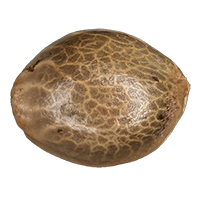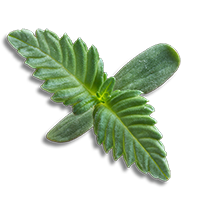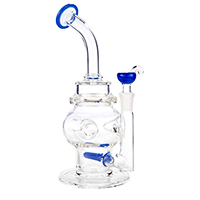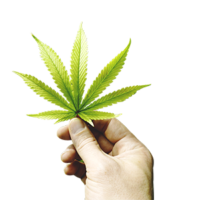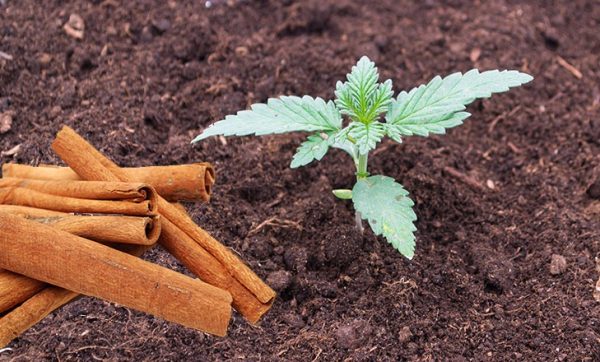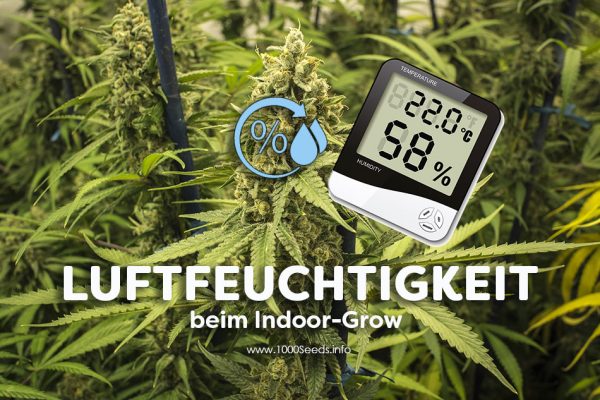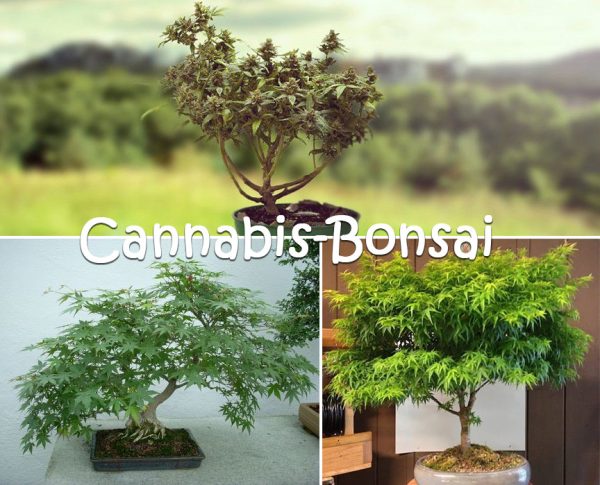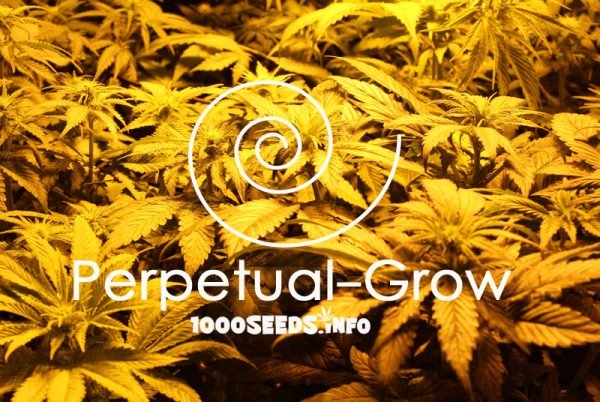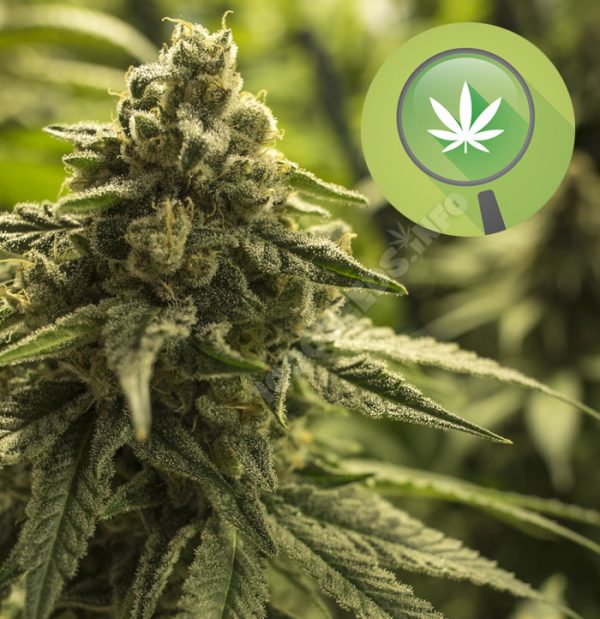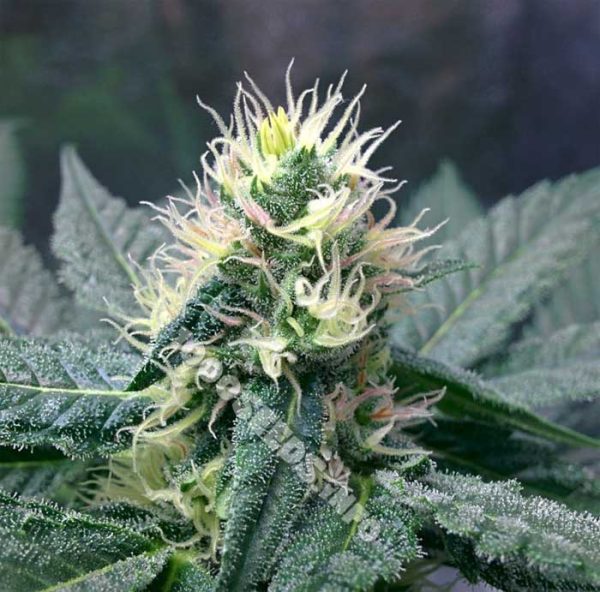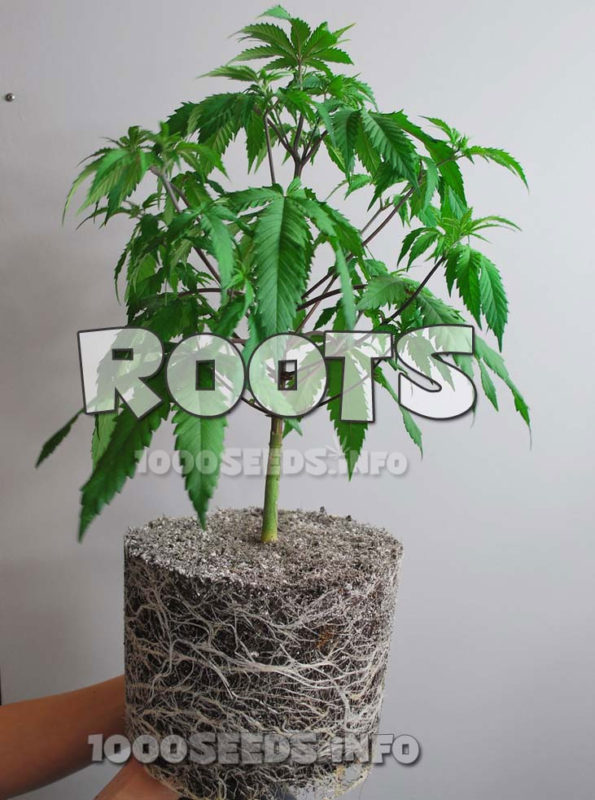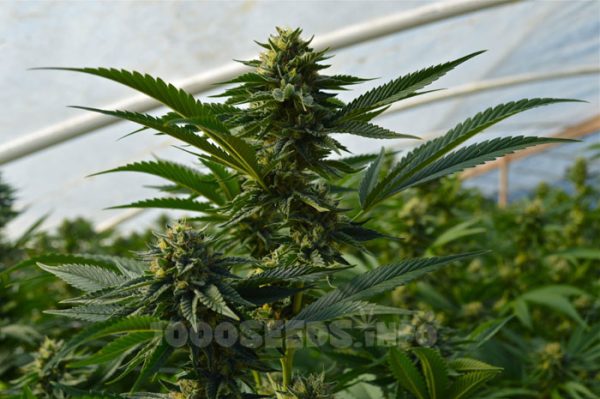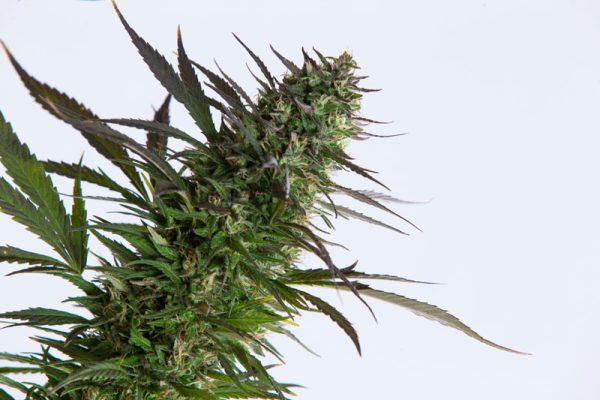Microorganisms in the soil: important helpers
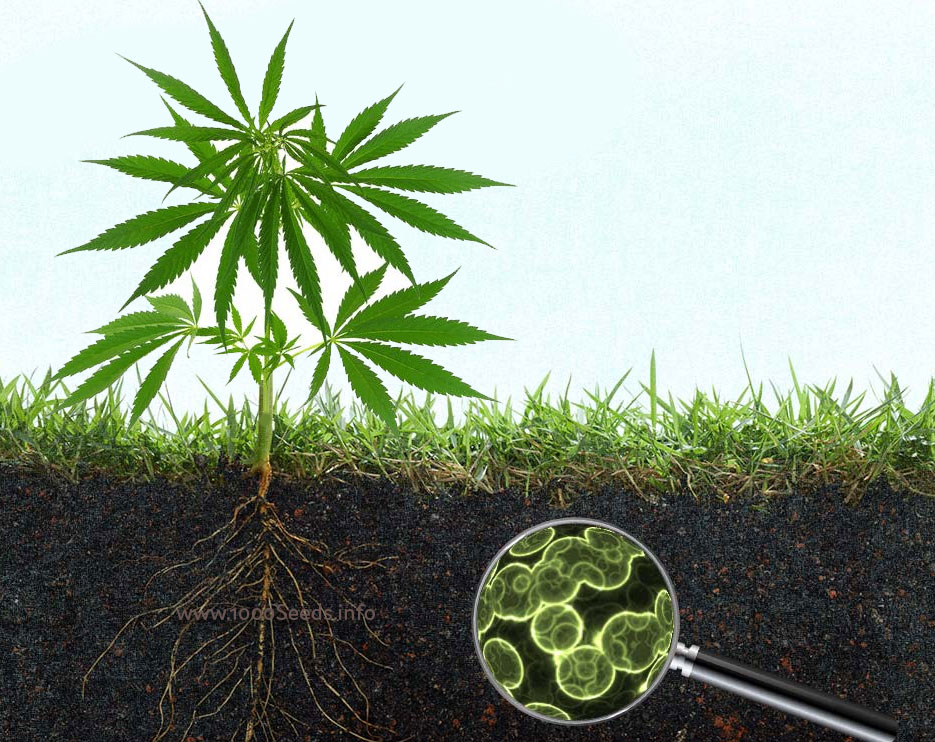
Microorganisms were on earth long before there were plants and humans. They play a significant role in the soil ecosystem. Microorganisms includes a variety of tiny organisms that include nematodes, protozoa, fungi and bacteria. They are tiny and cannot be seen with the naked eye. There are around one billion microorganisms in one gram of soil.
Together with fungi, soil bacteria are responsible for recycling substances.
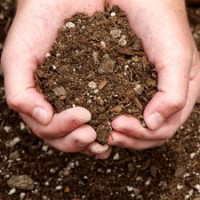 Especially mushrooms play an important role in the soil. One gram of good cannabis soil can contain around one million fungi. Among the most important soil fungi are the fungi of the mycorrhiza family. Despite their great importance: over 90% of all plants live in symbiosis with them, little is known about mycorrhiza.
Especially mushrooms play an important role in the soil. One gram of good cannabis soil can contain around one million fungi. Among the most important soil fungi are the fungi of the mycorrhiza family. Despite their great importance: over 90% of all plants live in symbiosis with them, little is known about mycorrhiza.
The mycorrhizal fungi supply the plant with nutrient salts and water and have a considerably greater capacity to dissolve nutrients and water from the soil compared to the cannabis plant. Mycorrhizal fungi often improve the water, nitrogen and phosphate supply to the plants. Mycorrhizal fungi provide some protection against root diseases and generally increase the plant's resistance to drought, which can be particularly beneficial in difficult grow sites.
One of the most important tasks of microorganisms in the soil is the transformation of organic material. Bacteria and fungi break down plant remains into componentswhich can be absorbed by the hemp plant. For this purpose, they produce enzymes with which they control the chemical processes. The microorganisms are only threatened by some synthetic chemical substances such as polymer plastics or special polychlorinated hydrocarbons, as these cannot be broken down by them, and by the use of chemical fertilisers. Therefore, such plastics should not be used.
Especially for plants growing in an artificial and stressful environment, an intact microbiology can be extremely important. Without the appropriate microorganisms, nutrients from fertiliser applications can only be poorly absorbed and utilised. In addition, organisms (e.g. fungi such as Fusarium) can spread that harm rather than benefit the plant.
Microorganisms that can be added to the soil or the water are available from specialist shops. It is best to use them according to the manufacturer's instructions. After microorganisms have been added, chemical fertilisers should no longer be used, as these considerably reduce and even eradicate the microorganisms. Preparations with microorganisms are intended and suitable for organic cultivation, i.e. when organic fertiliser is used. Only in this way can an optimal symbiotic interaction between the microbiological cultures in the soil and the plant be created and maintained.
In hydrosystems, microorganisms must be constantly supplied in special liquid form, as they cannot settle and multiply here as in soil, or the biofilter must be "infected".
Here we have 2 products for you that are absolutely recommended when it comes to improving soil culture and fighting harmful fungi:
 Sub Culture from GHE adds important microorganisms to the soil and is excellently suited for hydroponic systems. In hydroponic systems, it is used to infect the GHE starlings in the biofilter, allowing them to multiply and take effect.
Sub Culture from GHE adds important microorganisms to the soil and is excellently suited for hydroponic systems. In hydroponic systems, it is used to infect the GHE starlings in the biofilter, allowing them to multiply and take effect.
- The enzymes produced by favourable bacteria decompose the accumulated nutrient salts.
- Healthy populations of beneficial microorganisms protect the root systems from harmful microorganisms.
- 100% pure organic
- healthy growth


